Spectacular Facts About Ancient Greece
Ancient Greece refers to the time three decades before the classical age dating between 800 BC and 500 BC. It was a time of growth and sophistication, even resulting in the first recorded democracy. There were major advancements in technology, the arts, warfare, and it even led to the birth of the polis, or city-state, which defined Greece for hundreds of years. The transformation society experienced during the time of ancient Greece would pave the road for the development of Western civilization. Check out these fascinating facts about their culture and how deeply it affected the future of our world. Did you know that they used elephants in warfare? Keep reading to learn more.
There Were More Than Enough Slaves
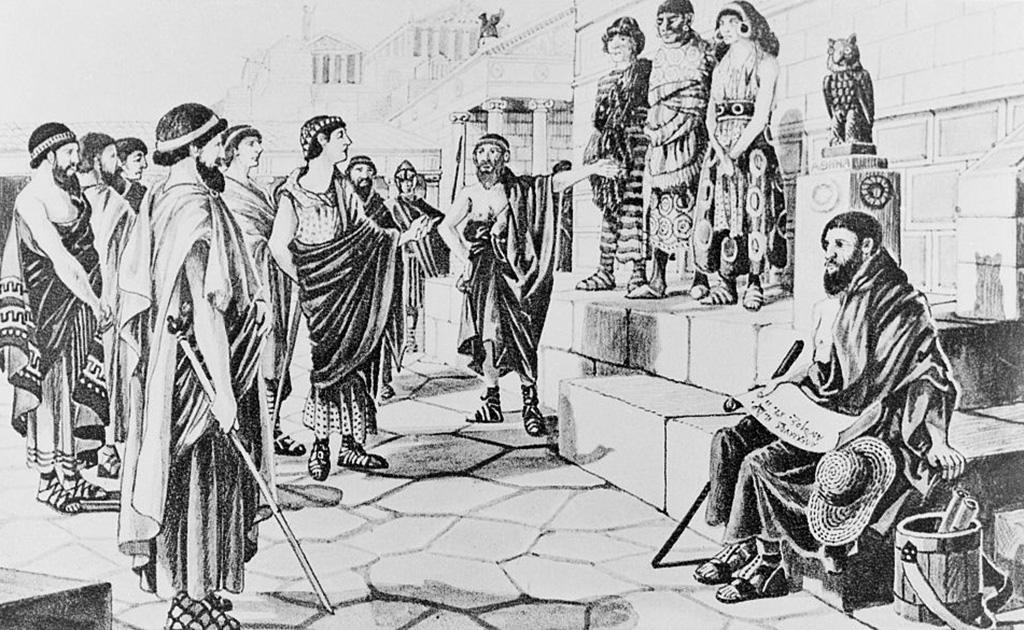
In ancient Greece, there were more than enough slaves to go around. For example, it is estimated that between 40 and 80% of the population of Athens were actually slaves. An individual could become a slave for a variety of reasons. You could be born into slavery, sold into slavery, or captured as a prisoner of war.
Slaves filled many different positions in Greek culture working as house servants, police officers, sailors, mine workers, cooks, and more. Since Greece was so large, the treatment of slaves varied depending on the region with some having it better off than others. Not owning any slaves was even considered a sign of poverty.
Women And Slaves Weren’t Considered Citizens
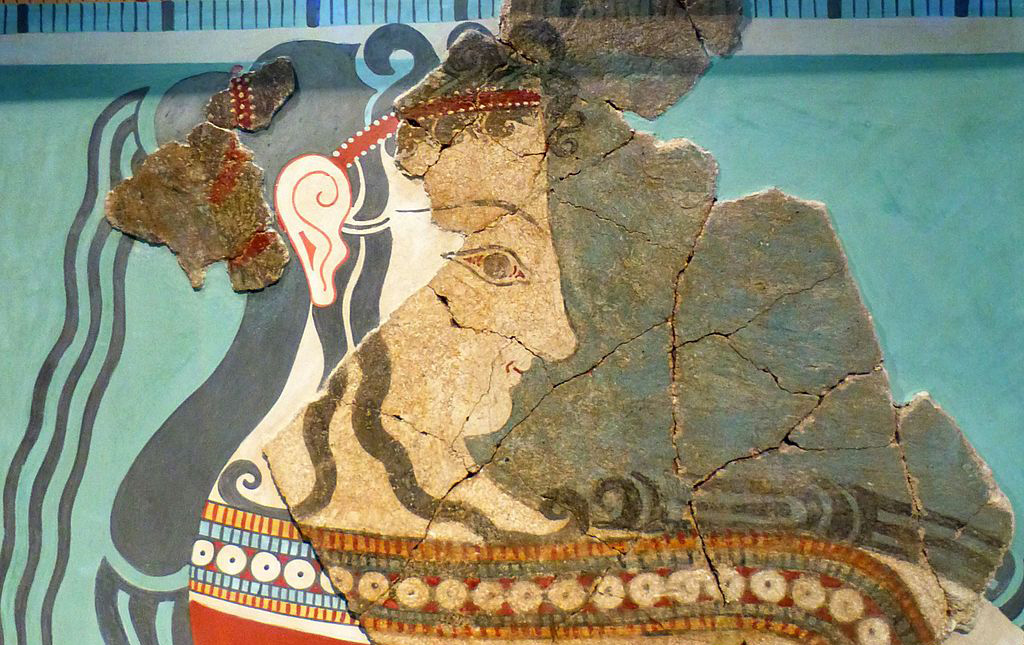
Ancient Greece was completely dominated by men in almost every aspect of society. Women had little control over anything that happened or decisions being made. Women were forbidden from taking part in politics or assembly, had almost no legal rights, and couldn’t leave the house without a guardian.
Unsurprisingly, slaves were in the same boat. They weren’t allowed to use their real names and were given new ones by their masters, were completely owned by someone else, and had to follow orders under the threat of punishment. Essentially, only Greek males who were not slaves were considered citizens.
Democracy Was Much More Exclusive Than It Seemed
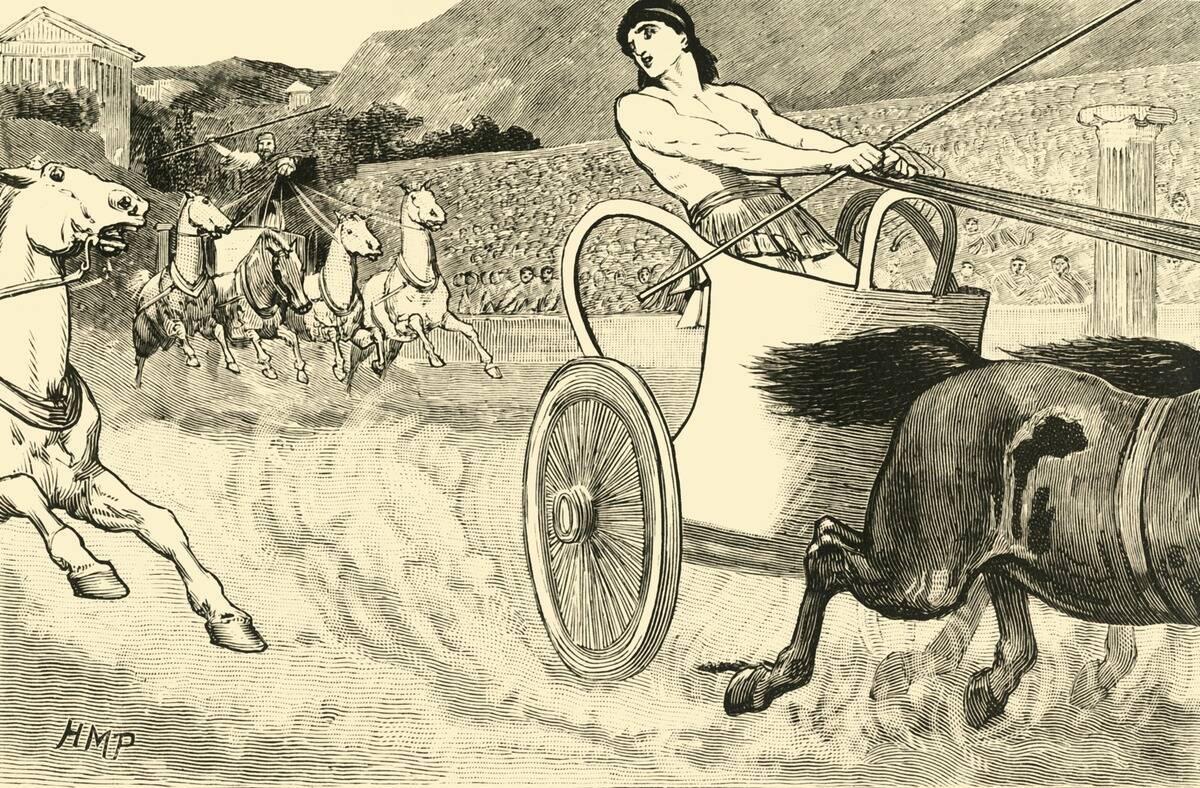
Although the Greek leader Cleisthenes (pictured here racing a chariot in the Olympic Games) introduced political reforms in 507 BCE that made Athens the world’s first known democracy, the History Channel explained that the promised equality before the law would have been a misleading concept at the time.
Since women and enslaved people didn’t count as citizens, that meant that only men above the age of 18 who were citizens were eligible to vote. This meant that while there were about 260,000 people living in Athens during the century after Cleisthenes’s reforms, only about 40,000 of them could vote.
Fountains Were Crucial To Survival
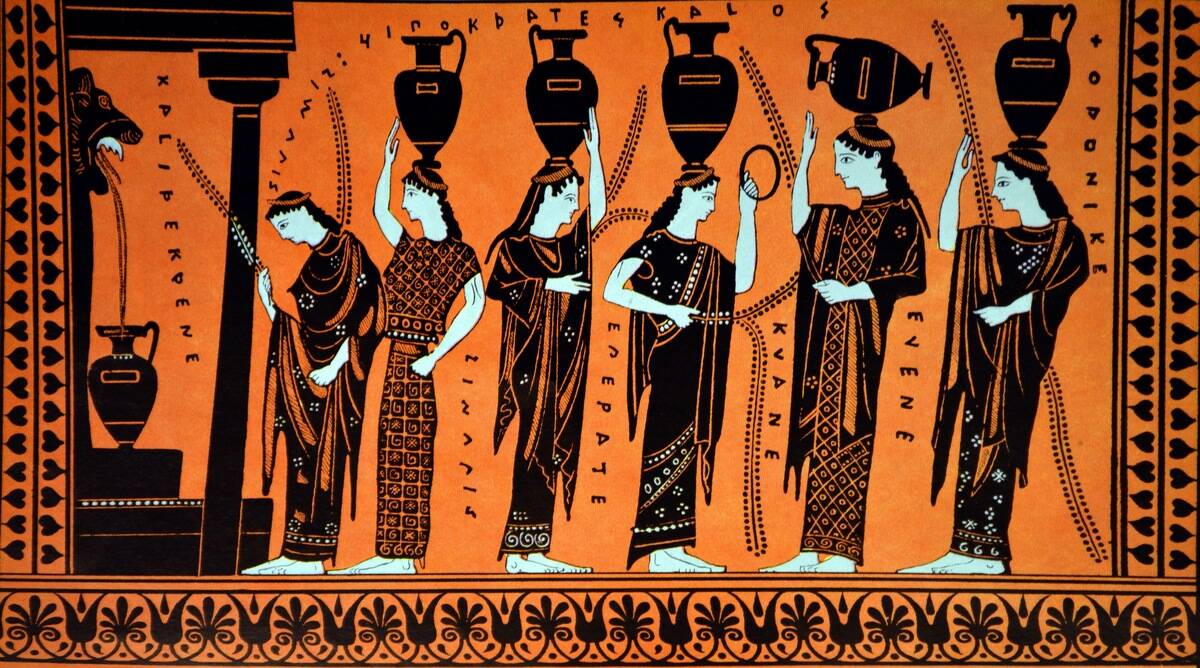
Although the fountain depicted here is certainly elaborate, that aesthetic purpose was secondary to its much more fundamental reason to exist. As the British School of Athens explained, they were meant to address the widespread issue of how difficult water was to access in ancient Greece.
The women depicted here are using water jugs called hydria to carry water back to their homes and fountains like these minimized the distance they’d have to travel for this purpose. This is also why bathing in public fountains was outlawed, as even in ancient times, the threat of contaminated water sources was understood.
They Believed That People Could Rise From The Dead
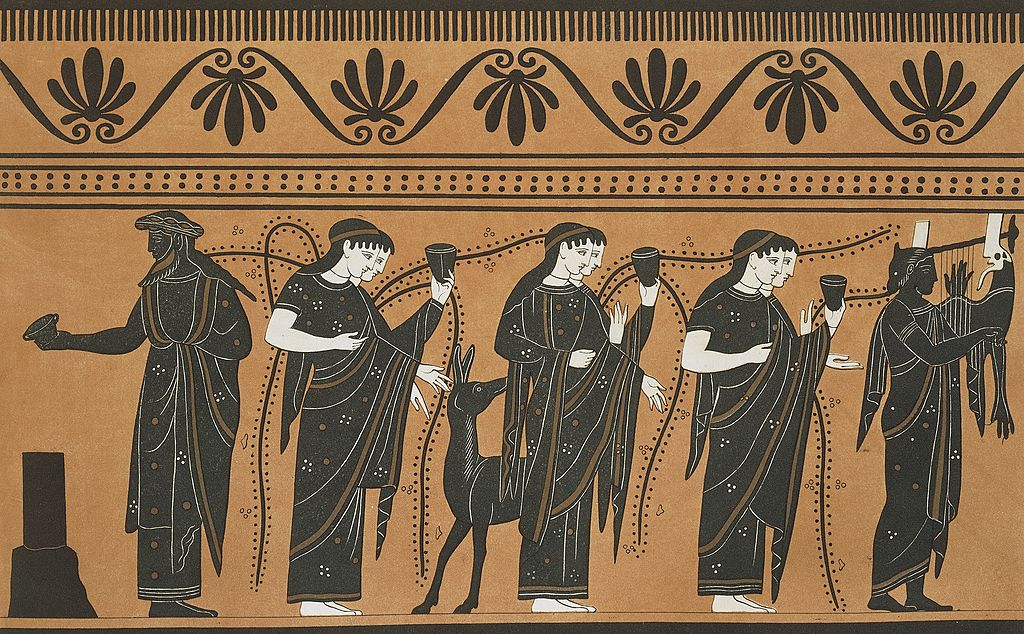
Regardless of their incredibly advanced civilization, ancient Greeks were incredibly superstitious So superstitious, in fact, that they believed that the dead could rise from their graves. They especially believed that murder victims and those with genetic deformities had the power to do this, so they took extra precautions when they buried their bodies.
Known as “revenants,” their bodies were either incinerated, dismembered, or weighed down with heavy stones to ensure that they could never come back to life and walk among the living.
They Created The First Form Of A Computer
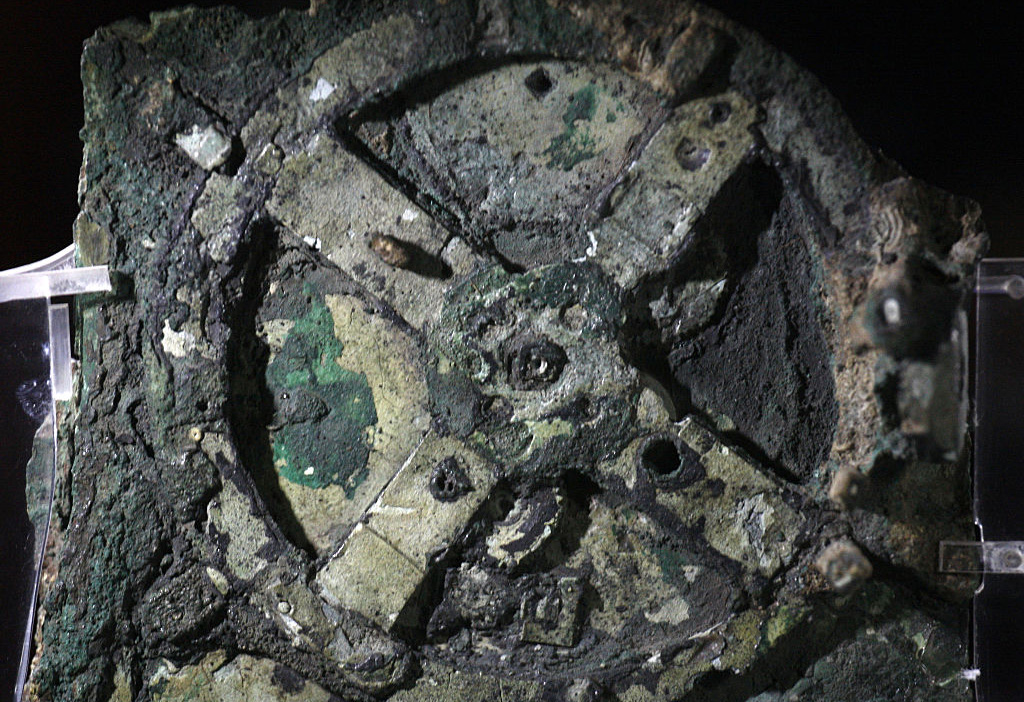
Dating back to the first century BC, the Antikythera mechanism is considered to be the world’s first computer. It’s a device that was used as an astrological clock in which its gears and wheels that mirrored the movement of the planets.
Incredibly, the measurements were so precise that the ancient Greeks were able to predict celestial events such as eclipses and phases of the moon. It was also used to help keep track of the timing of the Olympic games.
They Didn’t Have Toilet Paper

According to historians, the ancient Greeks didn’t have toilet paper, and used a very uncomfortable alternative instead. It was common for people to use anything they could find to serve the purpose. That included stones and pebbles.
Public toilets were designed with a long slab of marble, with a series of slots carved into it for users to sit next to each other. Underneath it was a sewage ditch, designed so running water would help carry away the sediment.
Baths Were Vitally Important To Ancient Greek Society
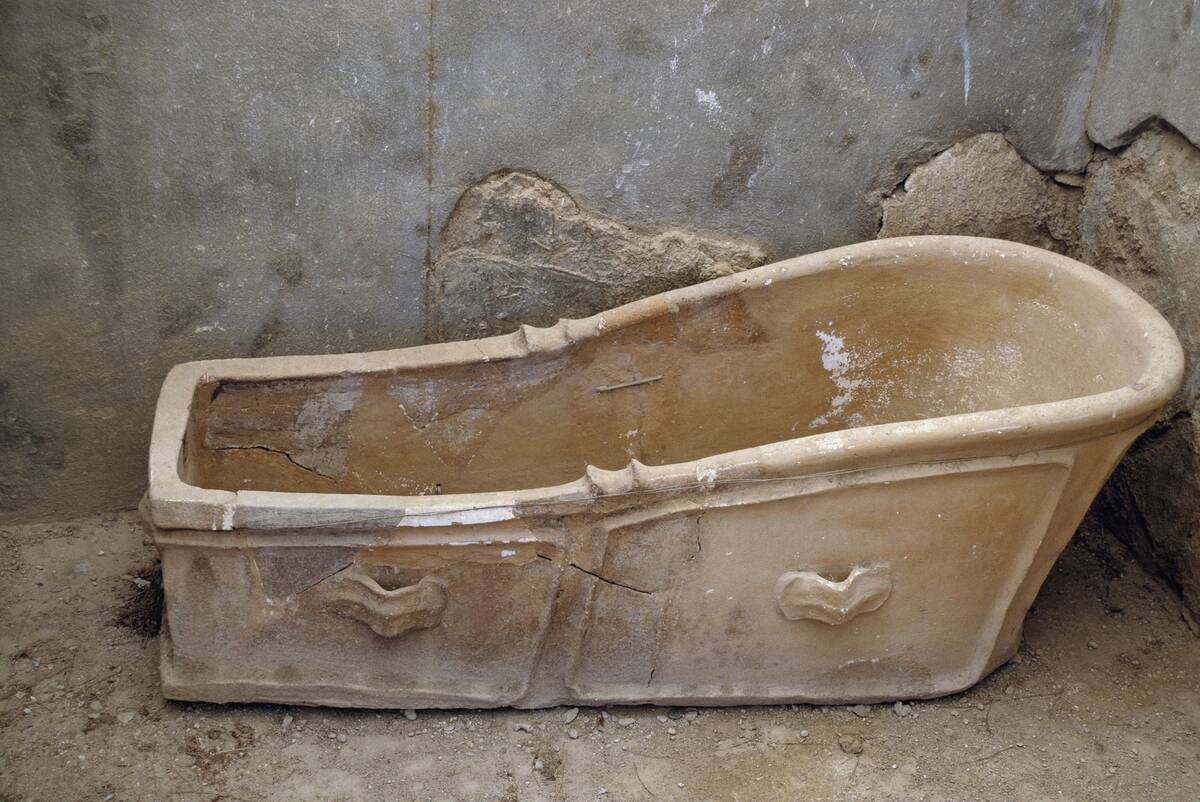
This bathtub belonged to a queen and that’s about as rich as an ancient Greek citizen needed to be to afford a private bath like this. Instead, most citizens bathed in large, public bathhouses. That said, these bathhouses were so central to Greek society that they were among the first structures in the entire civilization.
These baths started cold and short, but they became more comfortable after the Laconians near Sparta figured out how to properly heat them with coals. That said, some people preferred the cold baths even after this became more widespread.
There Were Far Fewer Philosophers Than It Seemed
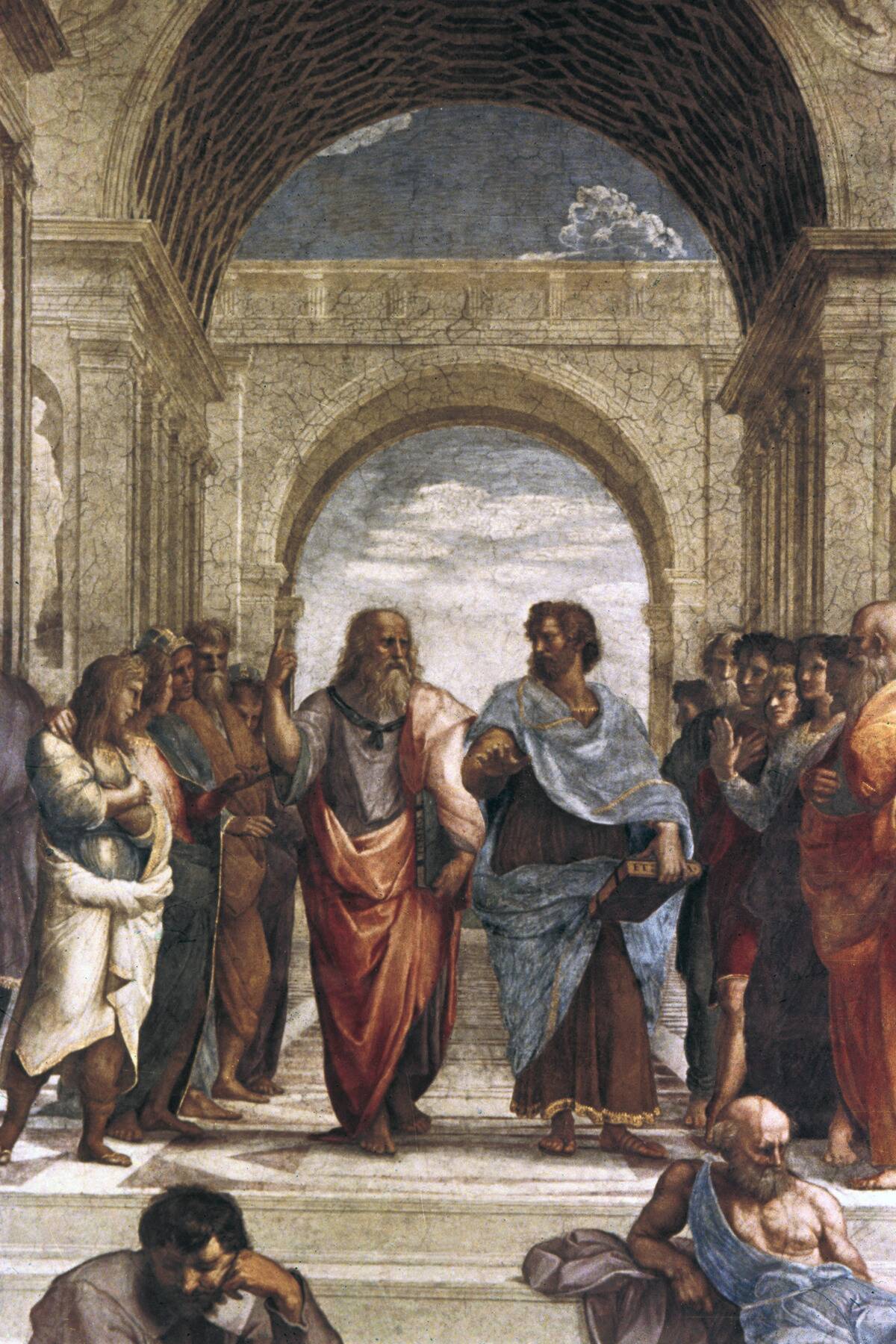
Although the popular study of ancient Greece involving focusing on its great philosophers, scientists, and other thinkers, those people’s contributions to history were so outsized because they were in such uncommon positions. Instead, most Greek citizens were either soldiers, sailors, farmers, fisherman or merchants if they were lucky.
While this describes many ancient civilizations, it’s worth noting that most people in the non-military professions listed here were struggling financially. That’s because their work was complicated by the scarcity of available water, arable land, and usable wood at the time.
Politicians Could Be Exiled By Popular Vote
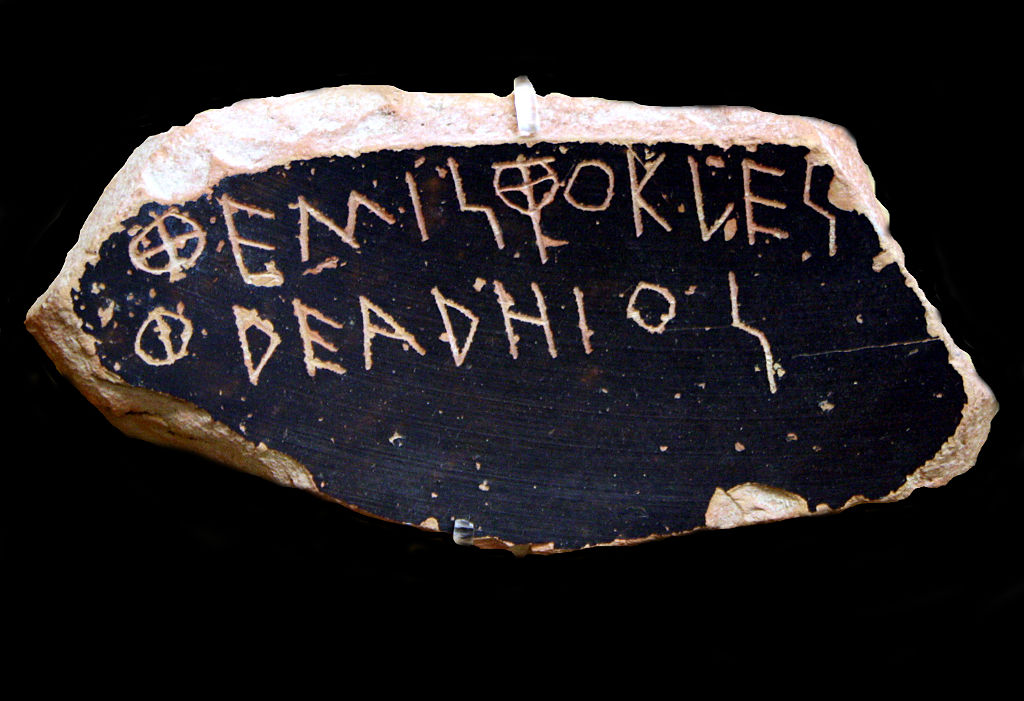
Using their system of democracy, politicians that the people thought were becoming too powerful or tyrannical could be voted into exile. The process was known as Ostracism and was decided not only by other politicians but the general public as well.
The citizens voted for a politician by anonymously engraving their name onto a piece of pottery as a rudimentary form of voting. If there were enough votes, the politician was then banished for a minimum of 10 years. This is also where the word ostracize comes from.
They Diluted Their Wine

Although ancient Greece is typically associated with partying and revelry, it wasn’t necessarily a civilization run by complete drunkards. The common practice when drinking wine on almost all occasions was to dilute their wine. They typically did four parts water and one part wine just to be able to taste the product.
Those who didn’t dilute their wine were considered to be a drunk which was associated with barbarism. The few occasions when they didn’t dilute their wine included some holidays, big celebrations, or personal parties.
Slaves Could Be Bought With Salt

Salt was in high commodity during the times of ancient Greece. Not only did salt help to flavor food but it was also great for preserving it, as well as could be added to various medicines and countless other uses as well.
Because of this reason, salt was traded much like currency and was even used to buy slaves. The size and strength of the slave decided how much size he was worth. This is where the saying “not worth his salt” comes from.
A Heliocentric Universe
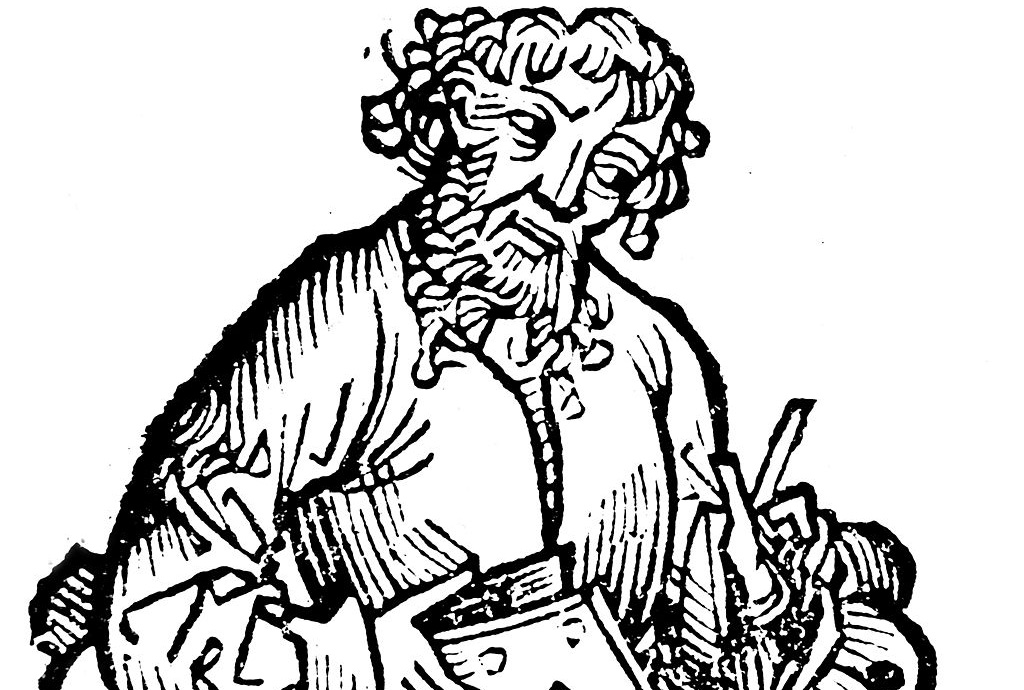
Back in the 3rd century, the Greek astronomer Aristarchus of Samos became the first person to suggest that the universe was heliocentric. This means that he believed that the Sun was at the center of the solar system and that Earth and the other planets revolved around them. This is opposed to geocentrism which claims that the Earth is at the center.
This school of thought was far ahead of Samos’ time. Although none of his work survived, tales about his studies inspired the work of Nicolaus Copernicus in the 16th century.
Spartan Boys Were Taken Away From Their Homes
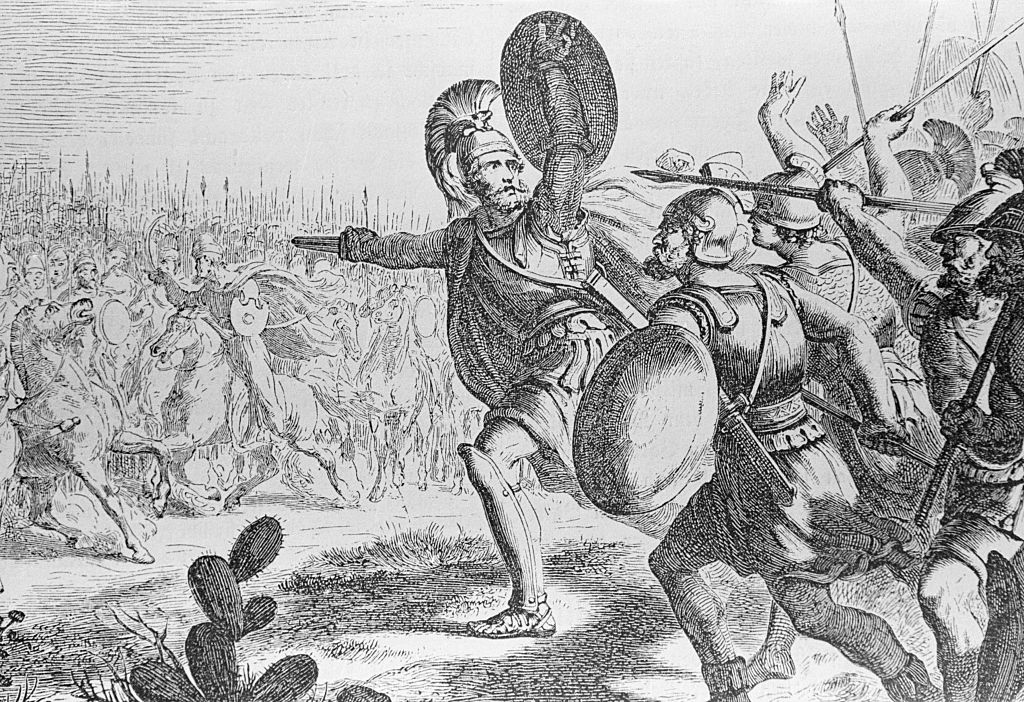
At just seven years old, all male Spartan boys were taken from their families and placed into an intense training regiment known as agoge. Training included combat skills, loyalty, pain tolerance, hunting, communication, as well as singing and dancing. The goal of the program was to create powerful and disciplined warriors to fight in the Spartan army.
They raised them to believe in Sparta as a whole and not on an individual level to breed soldiers who did not fear death on the battlefield. This is how Sparta grew to have the fiercest military in all of Greece.
Ancient Greeks Covered Themselves In Olive Oil

According to a 2014 article in Food Research International, there is some evidence to suggest that ancient Greeks were among the earliest developers of soap. However, the fact that most Greek citizens chose to cover themselves in olive oil for cleanliness purposes suggests soap wasn’t a very widely used or produced commodity.
however, there are more spiritual reasons why ancient Greeks covered themselves in olive oil beyond cleanliness. Since olive trees were said to originate from the goddess Athena, men who were about to participate in athletic events made a point to cover themselves in olive oil to appease her.
Spartan Women Were Kidnapped By Their Future Husbands
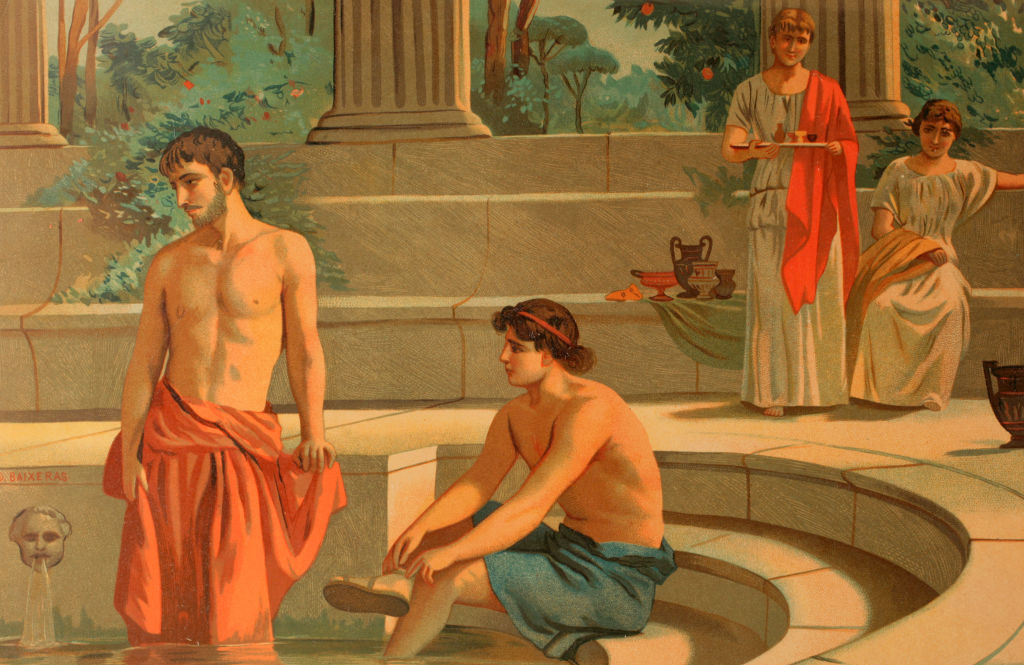
As a wedding tradition, Spartan women were abducted by the man they were going to marry. Ancient Greek writings by Plutarch expands on the tradition. Apparently, in preparation for their abduction, the women would shave their head and dress in men’s clothes. They would then sit alone in a dark room and wait for their husbands to abduct them and consummate their marriage.
Some rumors claimed that the women would wear male clothing and shave their heads because the men had only been surrounded by males for the majority of their lives. So, this made them feel more comfortable.
Greek Weddings Elsewhere Featured A Bath And A Parade
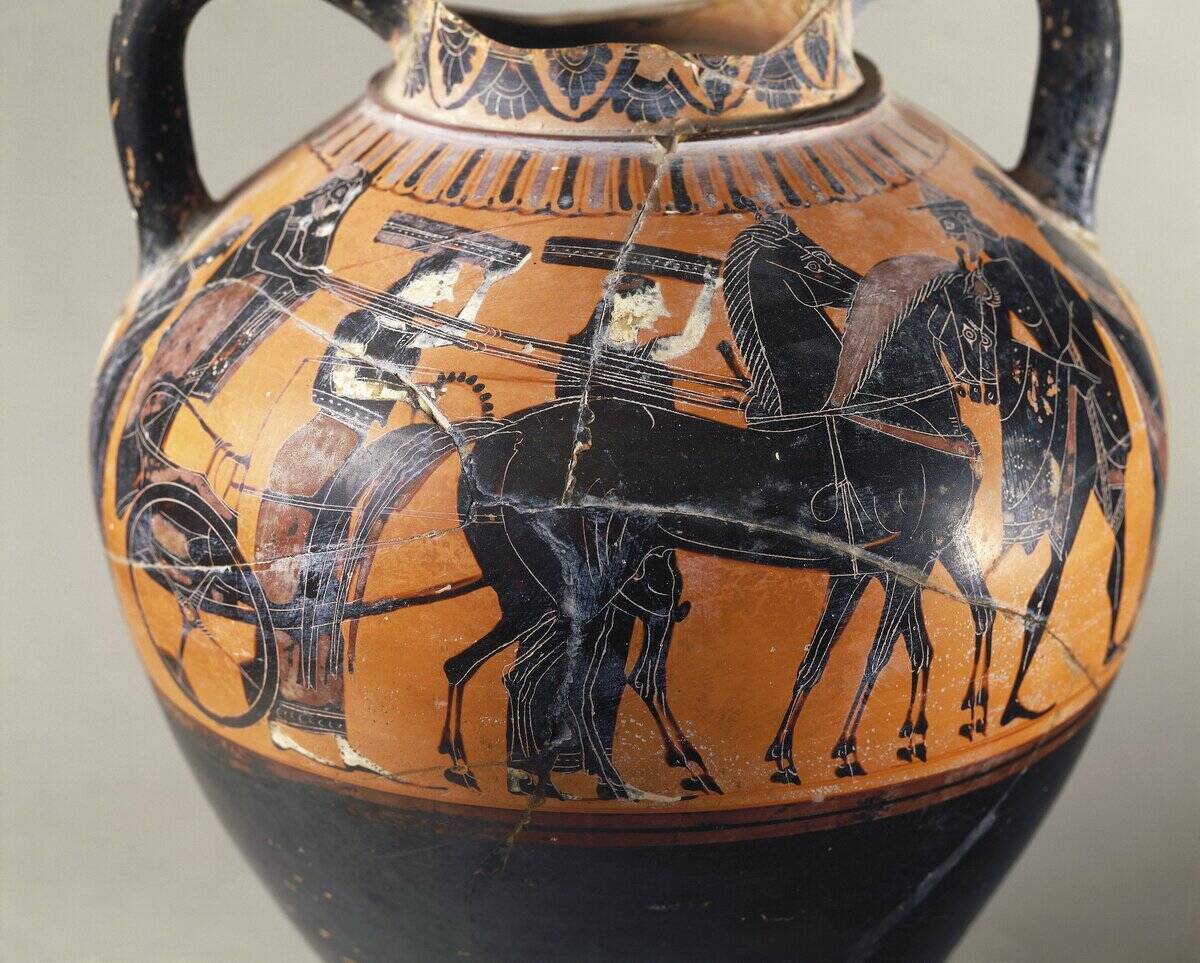
Although this was primarily an Athenian tradition, it would’ve been influential throughout the rest of ancient Greece. According to the Royal Ontario Museum, young brides who lived 2,400 years ago would meet their husband for the first time at the start of the wedding process called the Proaulia. This was a ceremony intended to see her transition into adulthood.
The wedding would continue for two days after this and featured the bride taking a ritual bath before she was dressed in fine linens and jewelry. After the couple’s neighbors led a procession (depicted on this pot) to the groom’s home, the bride would receive a vase depicting nuptial images called a lebes gamikos.
Women Were Forbidden To Watch The Olympics
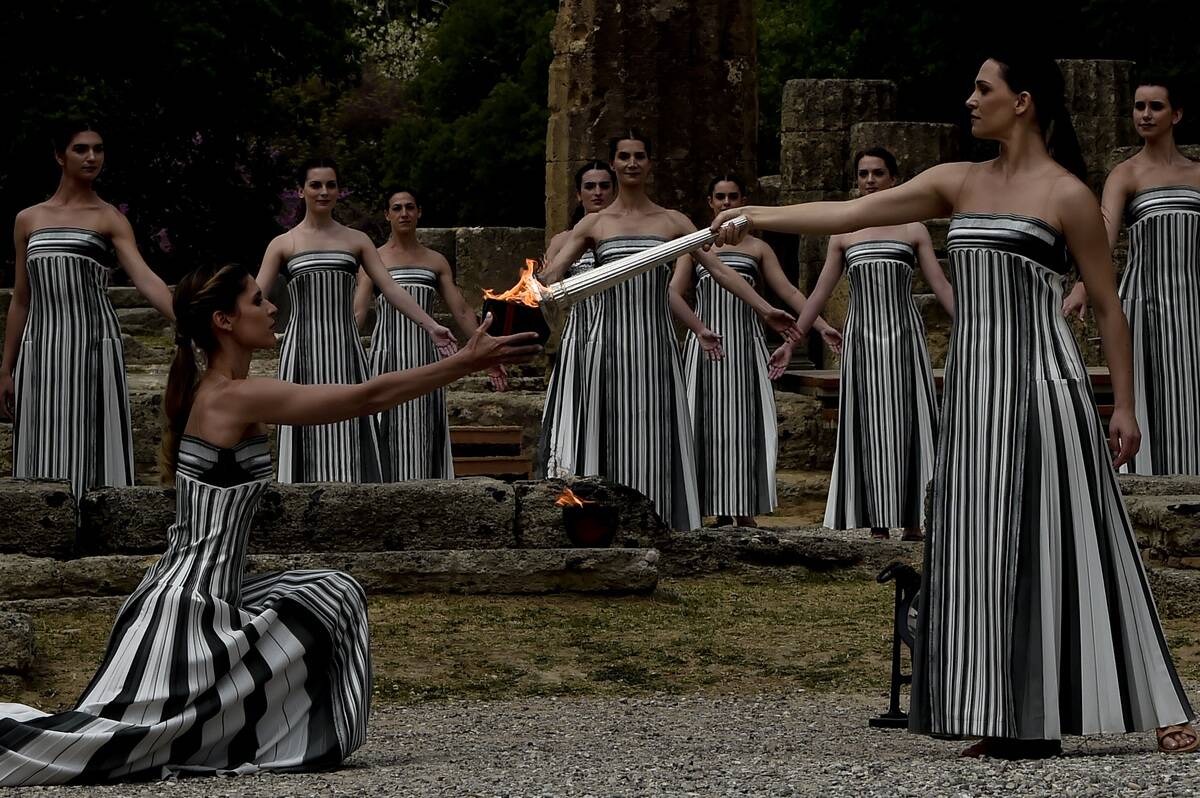
Considering how women were treated in ancient Greece, it’s no surprise to learn that they were forbidden from participating and even attending the games. It was believed that sports were only for men, so women should have no part in them. They were so serious about this, that woman caught watching the games were put to death.
However, this was only the case for married women. According to the Greek geographer Pausanias, “Maidens are not debarred from looking on at the games.” they could even participate in women-only sporting events.
They Used Elephants In Warfare
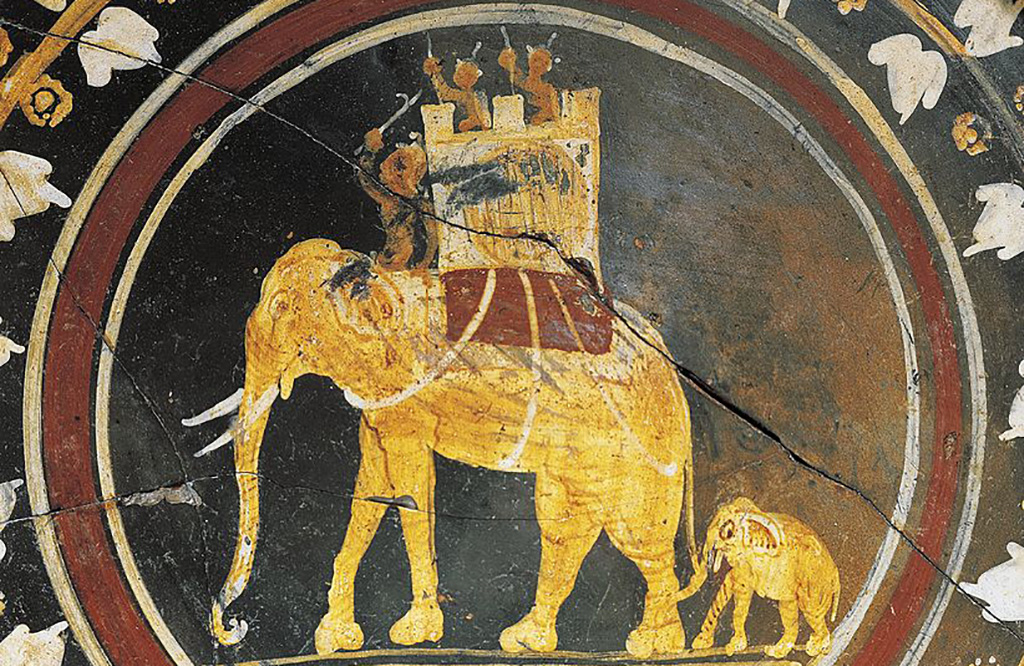
Although it’s not uncommon to see in movies or read in books, the Greeks actually did ride elephants into battle on occasion. One of the most notable instances of this was when the Greeks fought the Romans in the Pyrrhic wars between 280 to 275 BC.
They used the elephants as a kind of weapon of mass destruction. Of course, the Roman cavalry didn’t stand a chance against them, and their infantry didn’t have a prayer.
Not All Babies Were Accepted Into The Family
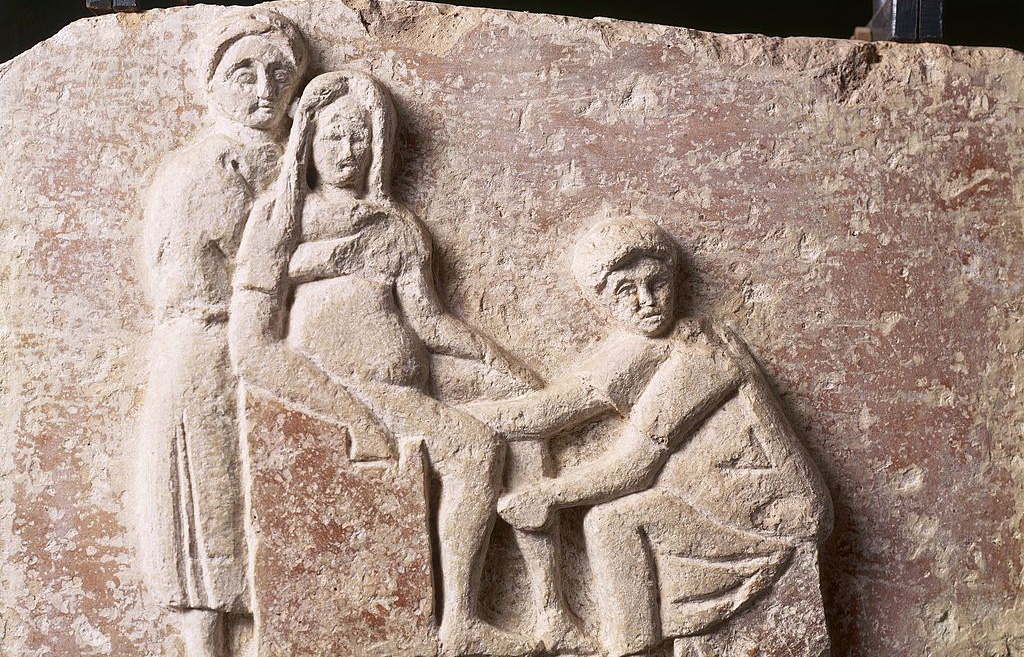
When a baby was born, the father would inspect the baby to see if it was up to his standards. If the baby was weak, deformed, disabled, or even a girl, they would oftentimes abandon it in the wilderness.
This was common practice, especially in Sparta. There was even a designated person whose job was to inspect the newborns. If they didn’t think the child was Spartan material, they would leave it on the foot of the mountain as a test to see if it would live or die.
Unibrows Were Seen As Attractive On Women

Back in ancient Greece, women were expected to be “all-natural,” therefore not wearing any kind of makeup. However, it didn’t always work out that way. This was the case when it came to women’s eyebrows.
In ancient Greek culture, women with unibrows were seen as beautiful as it was an incredibly desirable feature. It is said that the most lusted after women had them, so those who didn’t would make their own. They accomplished this by either using black powder or paint.
Long Hair Was A Marker Of Status For All Genders
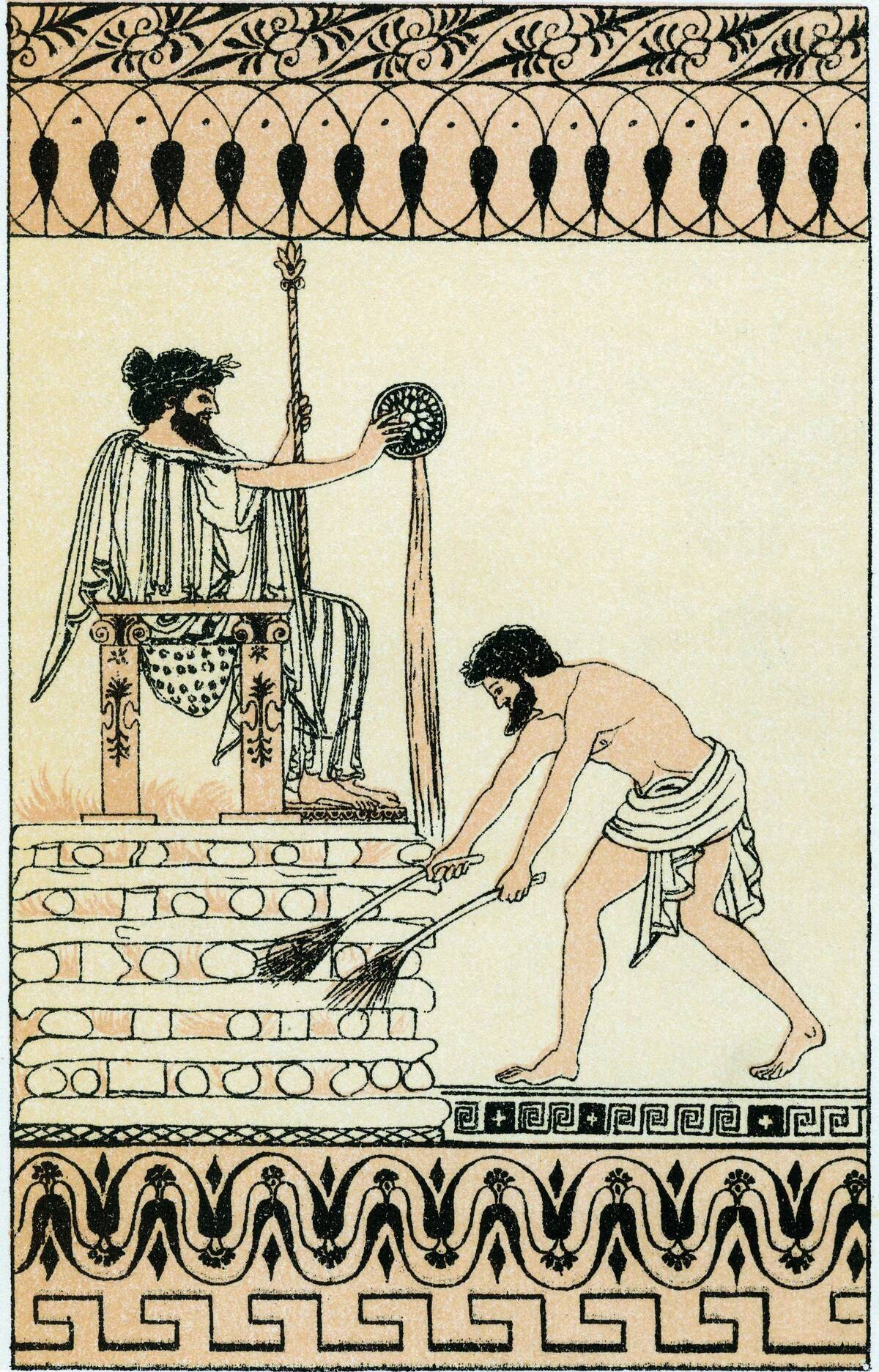
Although ancient Romans considered long hair impractical for men, Professor Katherine Schwab of Fairfield University told Greenwich Time that long hair was a marker of aristocratic or otherwise privileged status for men and women alike.
However, even citizens who kept their hair short weren’t likely to shave their heads. According to the MIT Press Reader, that’s because a shaved head was a mark of slavery. Although there were both practical and petty reasons why a citizen could conceivably shave an enslaved person’s head, it would be very unlikely to see citizen to that to themselves.
Women Used Makeup That Endangered Their Lives
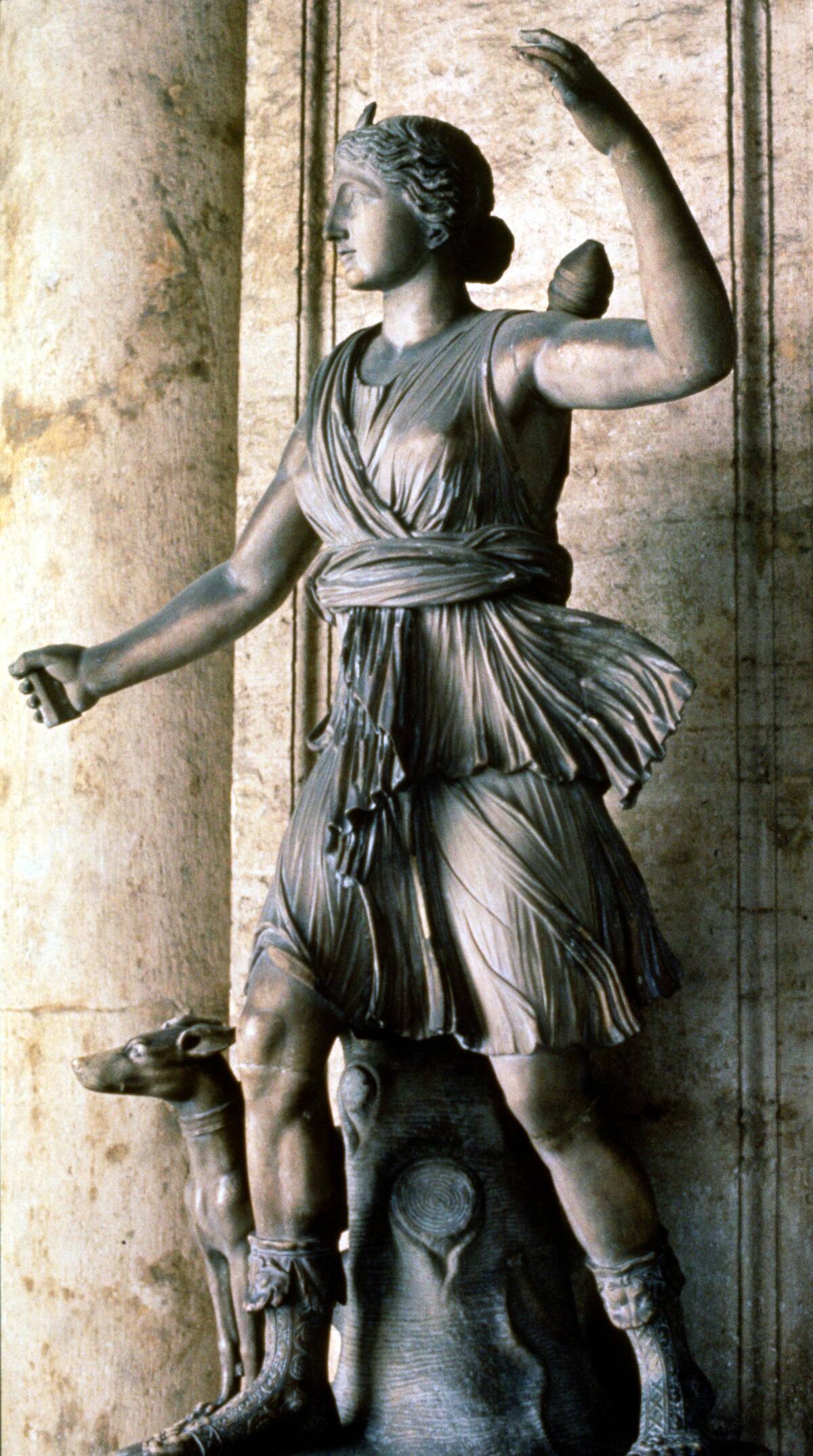
According to Elysian Magazine, ancient Greek women were expected to keep their skin as pale-looking as possible. This was a matter of status as much as aesthetic preference, since tanned skin tended to be associated with either enslaved people or generally lower social class stations.
However, this was a situation where women who valued their lives more than their status might have preferred to appear poor. That was because wealthier women used a powder made from chalk, white lead, and crocodile dung to maintain their pale appearances. The crocodile dung was obviously undesirable but the white lead could actually kill them.
Marriage And Having Children Was Seen As A Duty
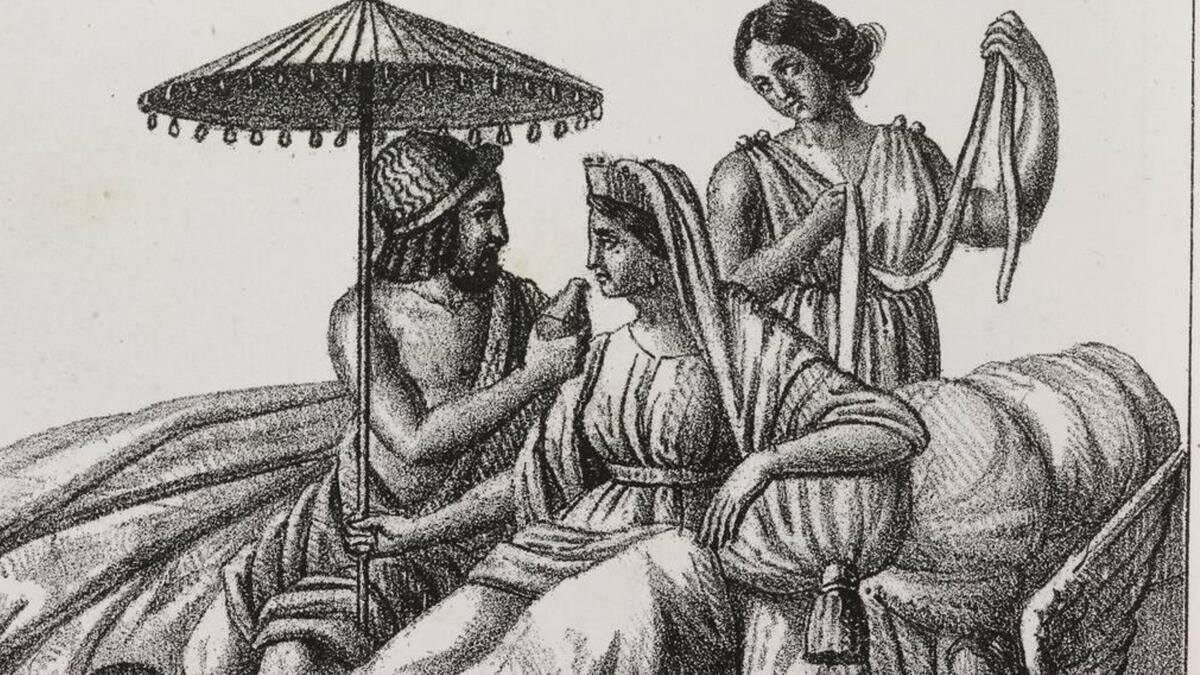
Most ancient Greeks didn’t actually marry out of love. Marriage was seen as the duty of a free citizen of Greece, including having children. Fathers would arrange marriages for their sons and daughters; sometimes when the child was still an infant. Daughters typically married around the age of 15 and sons around 30.
After the couple was married they tried to have as many children as possible. It also wasn’t uncommon for wealthy citizens to marry within the family, therefore keeping their bloodline “clean.” In Sparta, some marriages even occurred between siblings to keep their money and properties in the family.
Divorce Was Legal
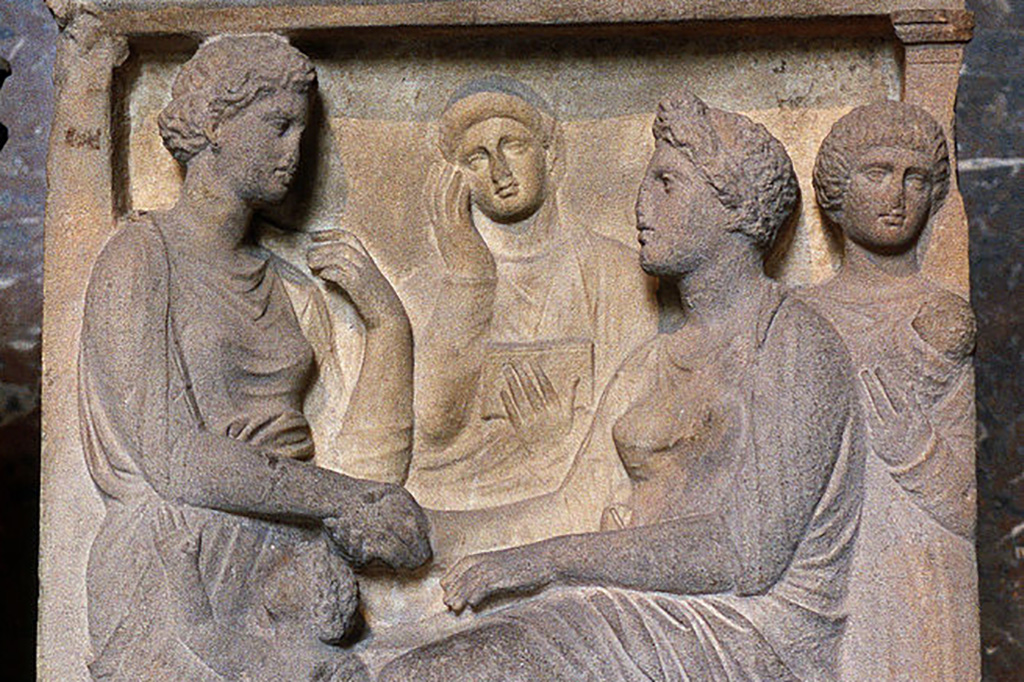
Even though many marriages were arranged as a type of contract, husbands were allowed to expel a wife from his home, sending her back to her family. If he also returned the dowry, the marriage was over. If a woman wanted to end a marriage, she was able to as long as she had the approval of an official known as an archon.
The most common form of divorce in ancient Greece was done by a wife’s father or brother. If no children were produced, the husband would ask the wife’s brother or father to take her away and attempt to marry her off again.
Divorce Was Much Harder For Women To Attain Than Men
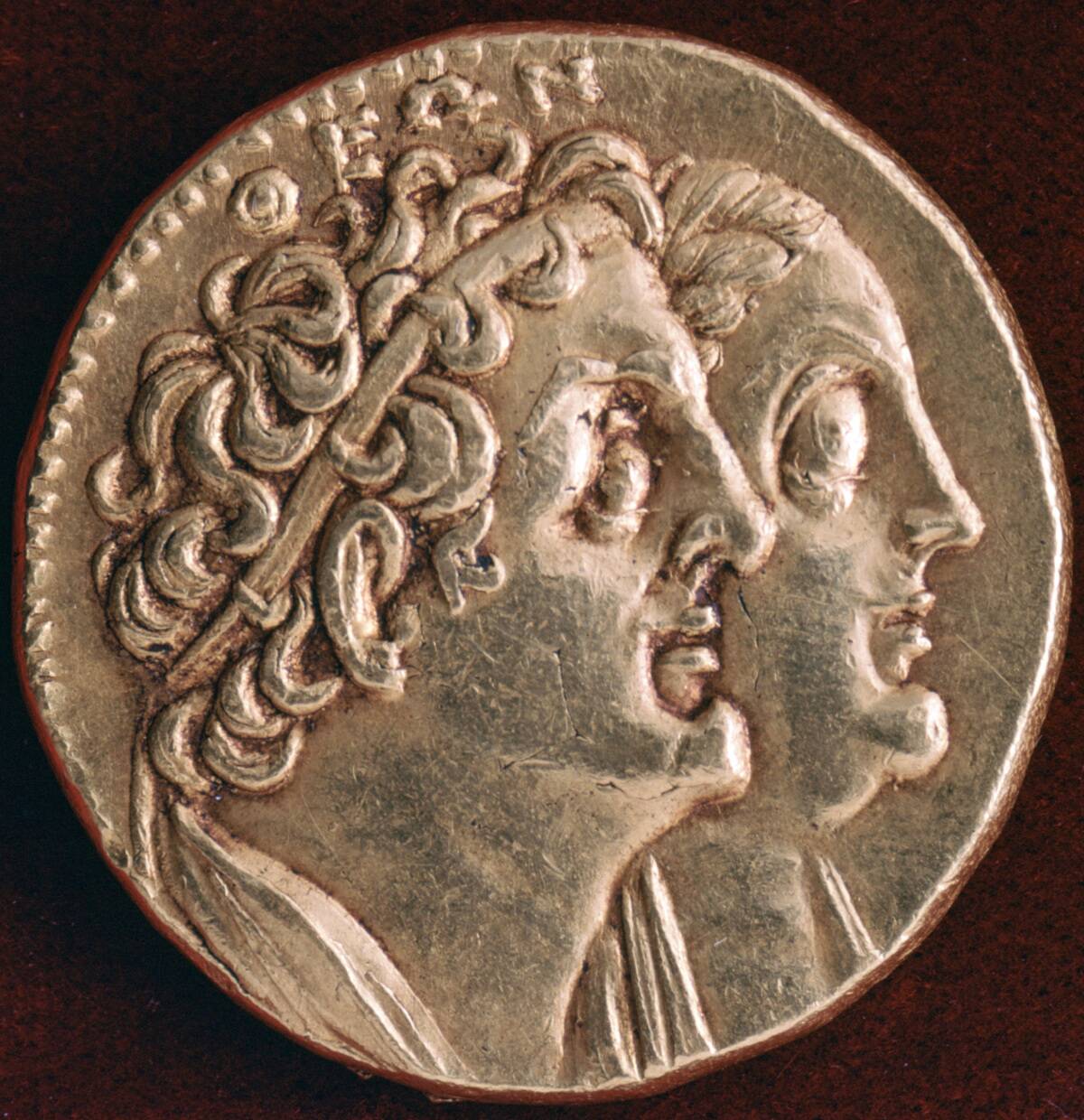
Although men needed only to return their dowries and remove their wives from their homes to consider themselves divorced, women needed the archon’s approval to make a similar arrangement. Yet while that fact already established a marked difference in the ease of divorce for men and women, it doesn’t tell the full story of the reality of that difference.
Namely, the fact that the authority of the archon didn’t make as much of a difference as it may have seemed. According to the University of Massachusetts in Boston, a man who did not want a divorce could physically prevent his wife from making her appointment with an archon without consequence.
Military Service Was Mandatory In Some Regions
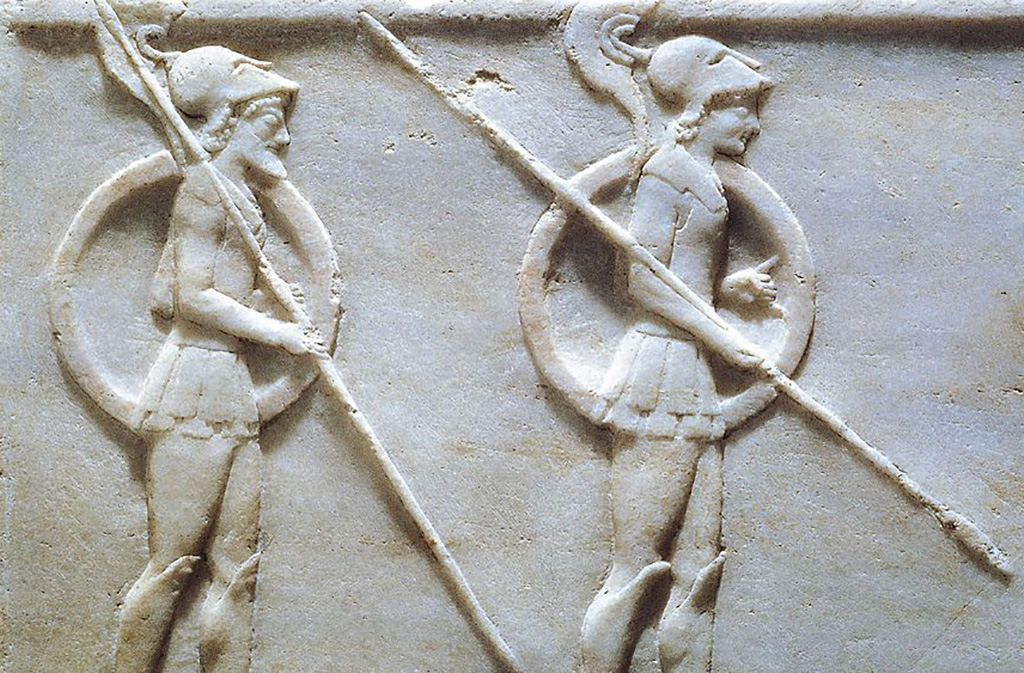
For women, motherhood was the only acceptable occupation in ancient Greece. While men could pursue other professions, the one held in the highest regard was becoming a soldier.
In the city-State of Athens, all men were required to serve at least two years in the army as a civic duty to Athens. In Sparta, on the other hand, becoming a soldier was the only occupation available for males until they turned old enough to retire from the military.
Women’s Education Was Far Different Than Men’s
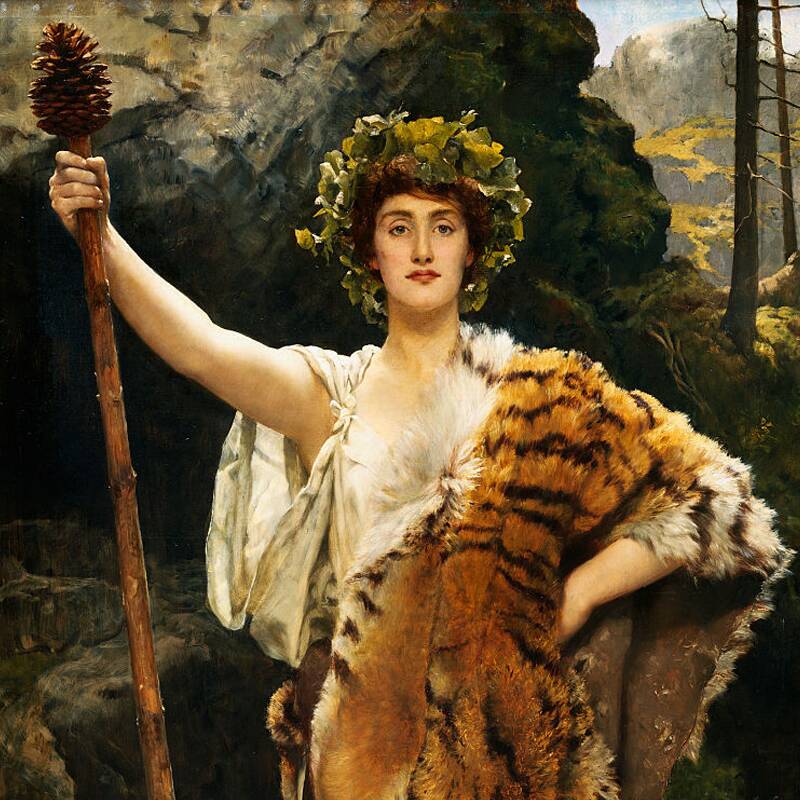
While most boys in ancient Greece received some kind of formal education, girls received very little. Most girls were simply taught to be housewives and mothers although some wealthy families would teach their daughters how to read and write. However, this wasn’t the case in Sparta. While the boys were sent to train to be soldiers, the girl’s received a public education on subjects such as philosophy, mythology, and literature.
They were also encouraged to express themselves artistically through song, dance, writing, and creating art. Sparta believed that strong women produced strong sons, so they needed to be intelligent and physically fit. They were also known to work out and compete in athletics.
Sparta Was The Worst Place In Greece For Boys
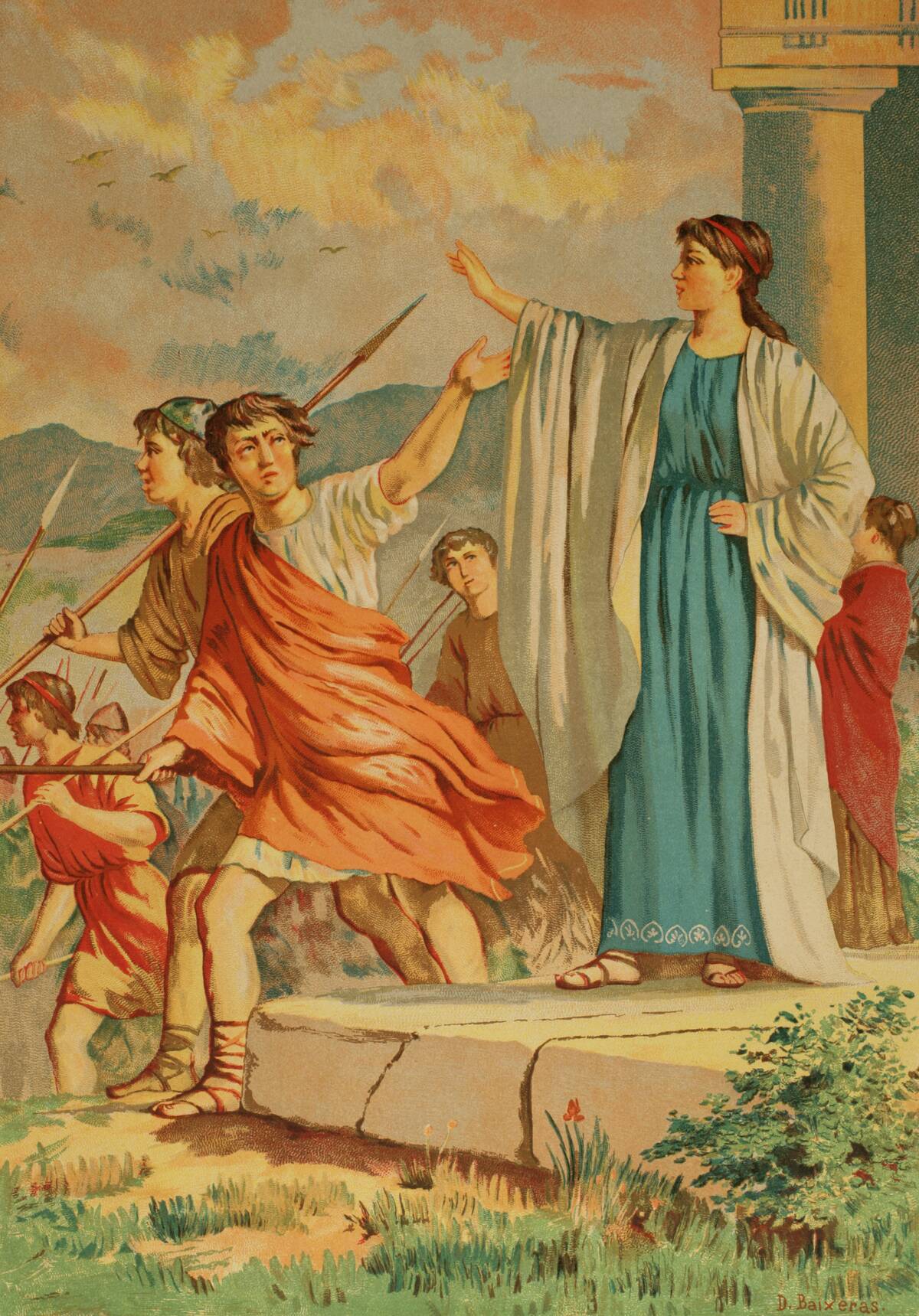
Although Spartan attitudes toward the suitability of women to produce soldiers led to relatively thorough and expansive education for girls when compared to Athens, it’s fair to say that Athenian boys had it much better than Spartan ones. Since Spartan boys were almost solely regarded as future soldiers, their compulsory childhood military training all but defined their childhoods.
This was unfortunate because that training was notoriously brutal. Boys were malnourished and pitted against each other in violent contests, in addition to being flogged if they were insufficiently fit. They were issued just one cloak for the year, were made to make their own beds out of plants, and their skin was intentionally neglected to make it hard and dry.
They Were Known To Make Sacrifices
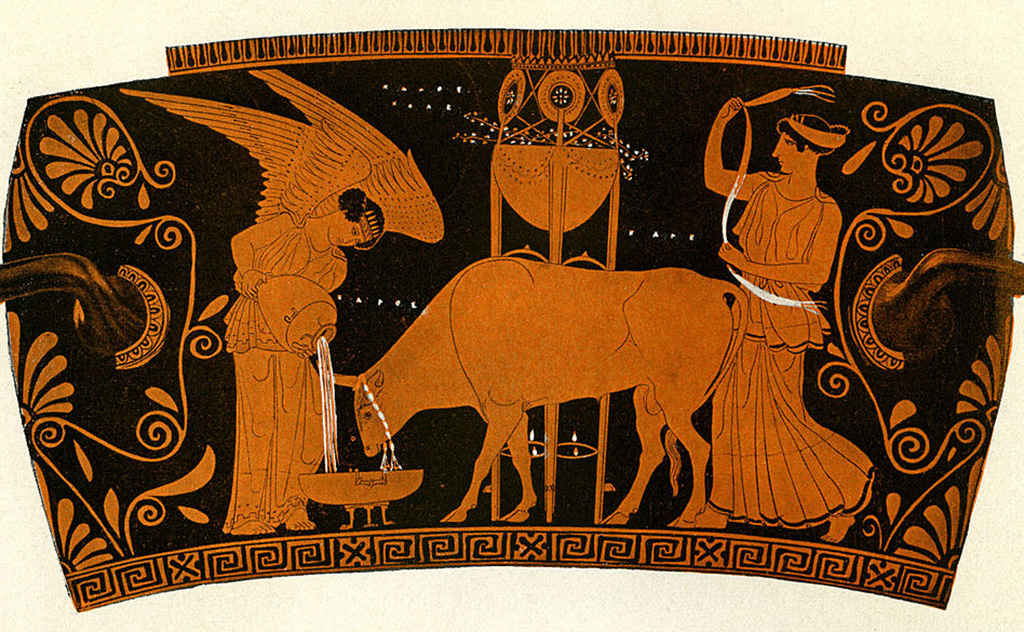
Religion was a major aspect of life in ancient Greece. They expressed their faith through monthly and yearly festivals, parties, and competitions. At times, even the slaves were allowed to participate. Yet, one popular form of worship was making sacrifices and offerings to the gods.
One form was a blood sacrifice in which an animal was slaughtered and then eaten. There were also bloodless sacrifices in which vegetables and grains were burned upon an altar. They also had offerings that were left out of the open on an offering table with the hope that the gods accept them.



